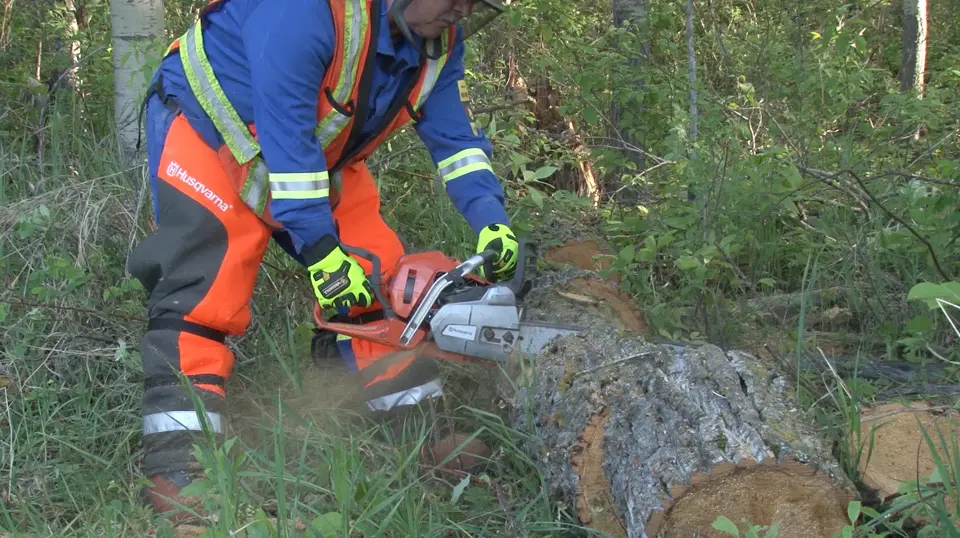Mastering the Buzz: Online Chainsaw Courses and Safety Training
Imagine the deep roar of a chainsaw tearing through timber—a sound that demands respect and expertise. Handling a chainsaw is no trivial task; it requires significant training to manage safely and effectively. In the modern digital age, gaining these skills is more accessible than ever through chainsaw courses online and comprehensive online safety training programs. This article explores how such online courses equip individuals with the necessary knowledge and techniques to operate chainsaws safely while adhering to occupational safety standards.

The Essentials of Chainsaw Safety
Operating a chainsaw involves more than starting the engine and cutting wood. Proper safety training through a chainsaw course online is critical to understanding the risks and the necessary precautions to take. These courses cover everything from the basic operation and maintenance of the chainsaw to advanced cutting techniques, ensuring that every participant can handle their equipment with confidence and care.
Why Choose Online Training?
Choosing to complete a chainsaw course online offers flexibility and convenience that traditional training methods cannot match. Participants can access comprehensive training modules from anywhere at any time, allowing them to learn at their own pace without compromising on the quality of the training. This accessibility makes it easier for individuals and employers to ensure that safety training is up-to-date and aligned with current regulations.
Comprehensive Learning Materials
Online chainsaw safety courses provide a range of interactive materials, including videos, diagrams, and quizzes, to enhance the learning experience. These resources help learners visualize the mechanics of chainsaw operation and the dynamics of handling the equipment safely. Such detailed training prepares individuals not only to operate a chainsaw safely but also to maintain their equipment effectively, ensuring long-term performance and safety.
Introduction to Online Safety Training Programs
Moving beyond chainsaw operation, online safety training programs offer extensive courses that cover a variety of workplace safety topics. These programs are designed to meet the needs of diverse industries, offering training on everything from hazard recognition and emergency response to workplace ergonomics and environmental safety.
Benefits of Online Safety Training
Online safety training programs are essential for businesses seeking to comply with occupational health and safety laws and reduce the risk of workplace accidents. These programs are particularly beneficial as they can be customized to meet the specific safety training needs of any organization, ensuring that all employees have the knowledge and skills to perform their jobs safely.
Adapting to a Changing Workplace
As workplace standards evolve and new technologies emerge, online safety training programs provide an efficient and effective way to keep employees informed and compliant with the latest safety practices. The flexibility of online training allows organizations to quickly adapt to changes in safety regulations and ensure that their workforce is always prepared with the most current safety information.
Whether you’re wielding a chainsaw or managing safety protocols in a high-risk environment, proper training is crucial. Chainsaw course online and online safety training programs provide vital resources for individuals and companies aiming to enhance safety and efficiency. For those interested in exploring a comprehensive suite of safety courses, onlinesafetytraining.ca offers a variety of online options designed to meet the challenges of today’s diverse workplace requirements, ensuring that safety is a top priority in every professional scenario.
Our website can provide you with additional insights.
Comments
Post a Comment